Week 8: Designing your ordinary life
Each week builds naturally on the previous one, but you can engage at your own pace without feeling behind or inadequate.
Learning Objectives
Recognize the design potential in ordinary activities
Learn to create beauty without complexity or expense
Develop sensitivity to your aesthetic and environmental needs
Creating beauty and intention in everyday moments and routines
August 9 - 15
-
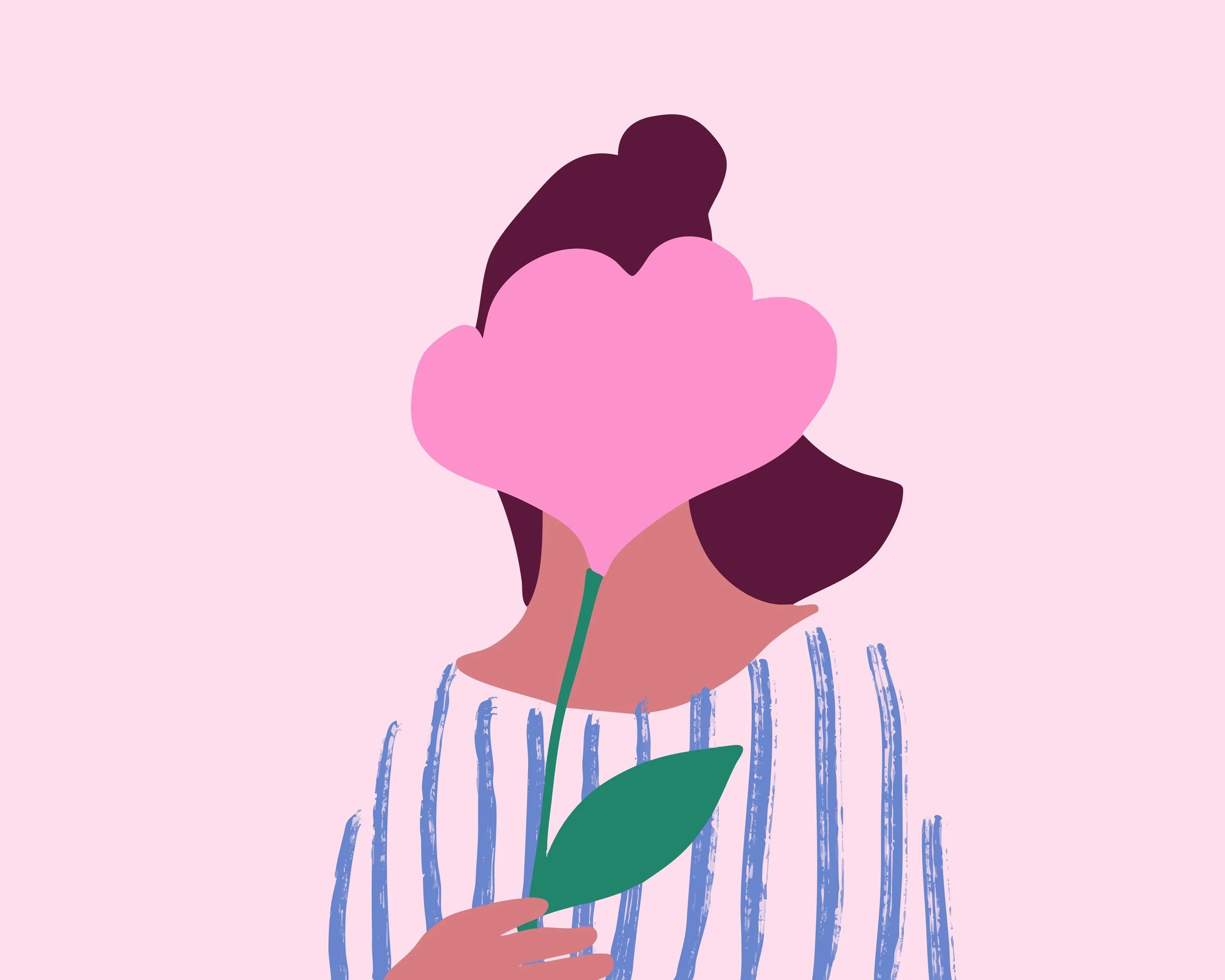
✺ Opening Reflection
What if your ordinary Tuesday could be as thoughtfully designed as a special occasion? This week explores how to bring beauty, intention, and artfulness to the simple rhythm of daily life.
-

✺ Core Teaching
The Art of Ordinary Design
Design isn’t just for special spaces or special occasions. Your ordinary life, the way you make morning coffee, arrange your living space, structure your daily rhythm, is equally deserving of thoughtful attention.
Designing your ordinary life doesn’t require expensive items or dramatic changes. It’s about bringing consciousness and care to the environments, routines, and moments that make up the majority of your existence.
-
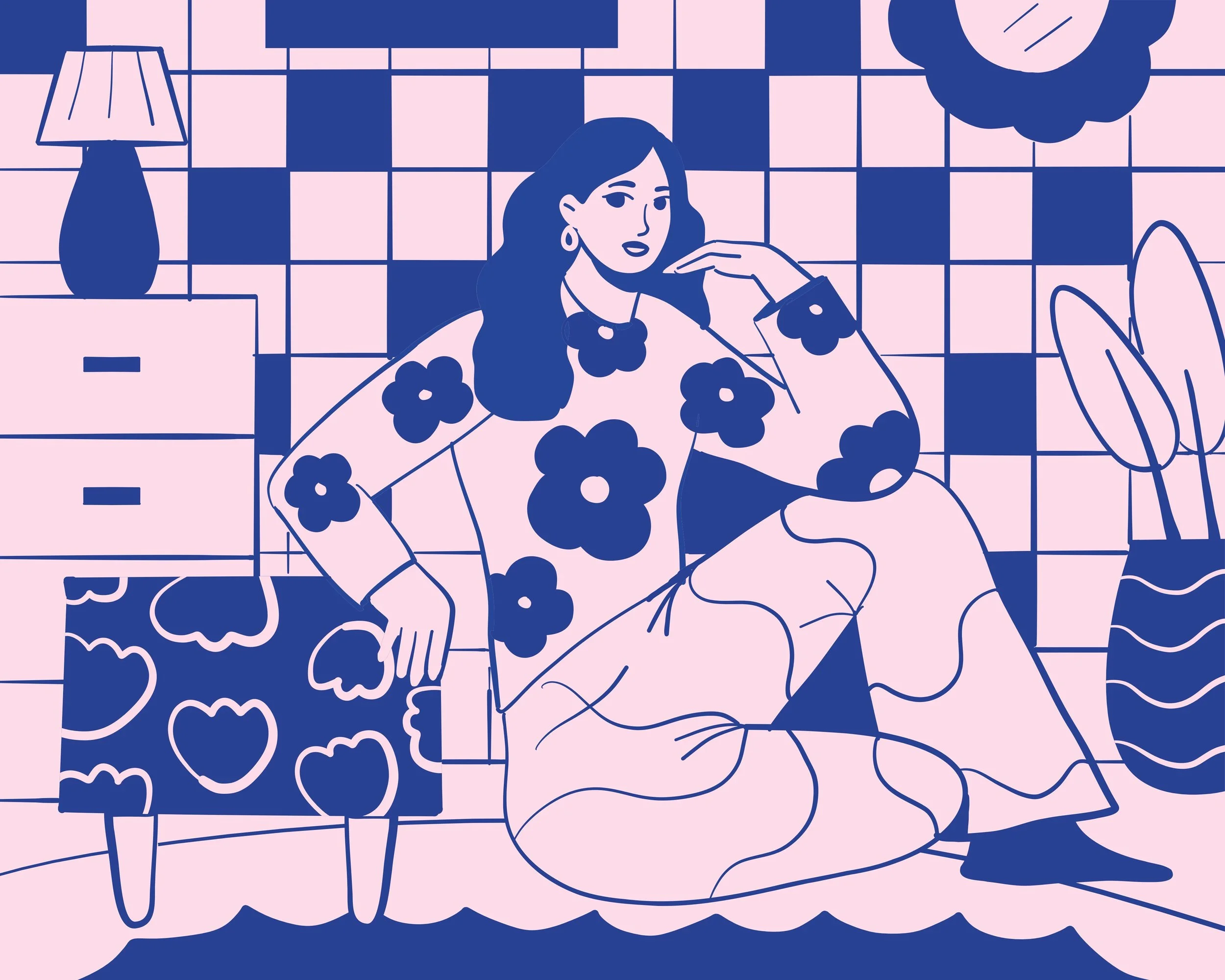
✺ Elements of Ordinary Life Design
When you design your ordinary life, you create a supportive environment for your authentic self to flourish. Your external environment begins to reflect and nurture your internal landscape.
Elements of Ordinary Life Design
Sensory Experiences: What you see, hear, smell, taste, and touch regularly
Rhythm and Flow: The pace and structure of your daily activities
Physical Environment: The spaces where you spend most of your time
Rituals and Routines: The small ceremonies that mark transitions in your day
Aesthetic Choices: The colors, textures, and visual elements that surround you
-
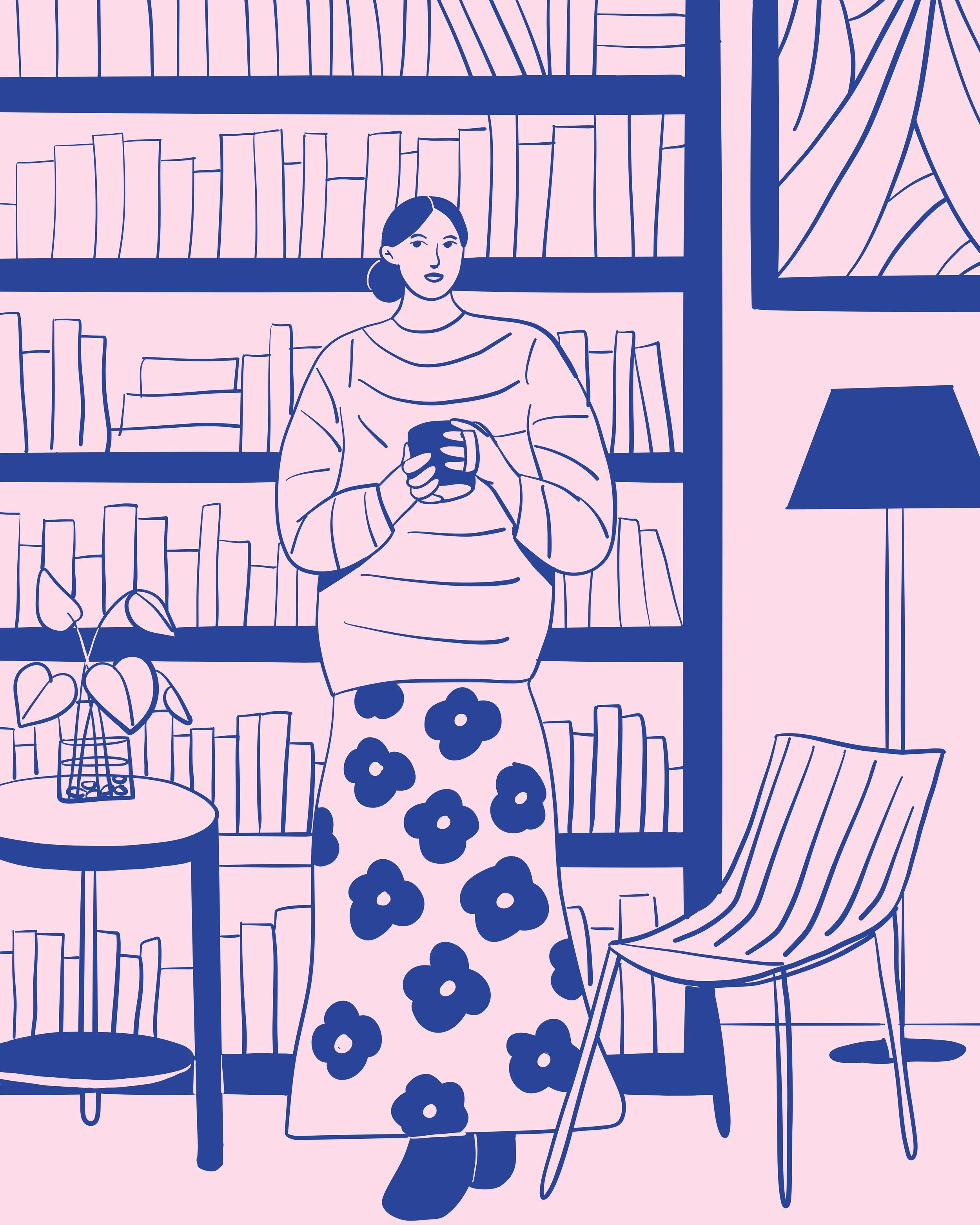
✺ Exercises
Exercise 1: The Ordinary Audit
Choose one ordinary activity you do daily (making coffee, getting dressed, eating lunch, going to bed). Spend one full week paying attention to this activity with design consciousness:
What does this experience look like, sound like, feel like?
How could you make this experience more beautiful or meaningful?
What small changes would make this activity more aligned with your authentic self?
Exercise 2: The Five Senses Design Challenge
For each sense, identify one small way to enhance your ordinary daily experience:
Sight: Add one beautiful visual element to a space you use daily
Sound: Create or remove sounds that support your desired daily atmosphere
Smell: Introduce a scent that makes your space feel more like home
Touch: Add one texture that feels good (soft blanket, smooth stone, etc.)
Taste: Elevate one regular eating or drinking experience
Exercise 3: The Rhythm Design
Map out your ideal daily rhythm:
When do you feel most energetic? Most contemplative?
What transitions in your day could use more intention or beauty?
How could you honor your natural energy patterns in your daily design?
What would make your ordinary Tuesday feel more aligned with your authentic self?
Exercise 4: The Sacred Ordinary Practice
Choose three ordinary activities to treat as sacred this week:
Create a small ritual around each activity
Add one element of beauty or intention
Practice full presence during each activity
Notice how treating ordinary activities as sacred changes your experience
Weekly Practice
Each day, add one small element of beauty or intention to your ordinary routine. This might be:
Lighting a candle during dinner
Arranging flowers from your yard
Playing music that matches your desired mood
Setting your clothes out with care the night before
Creating a small beautiful moment during a routine task
-
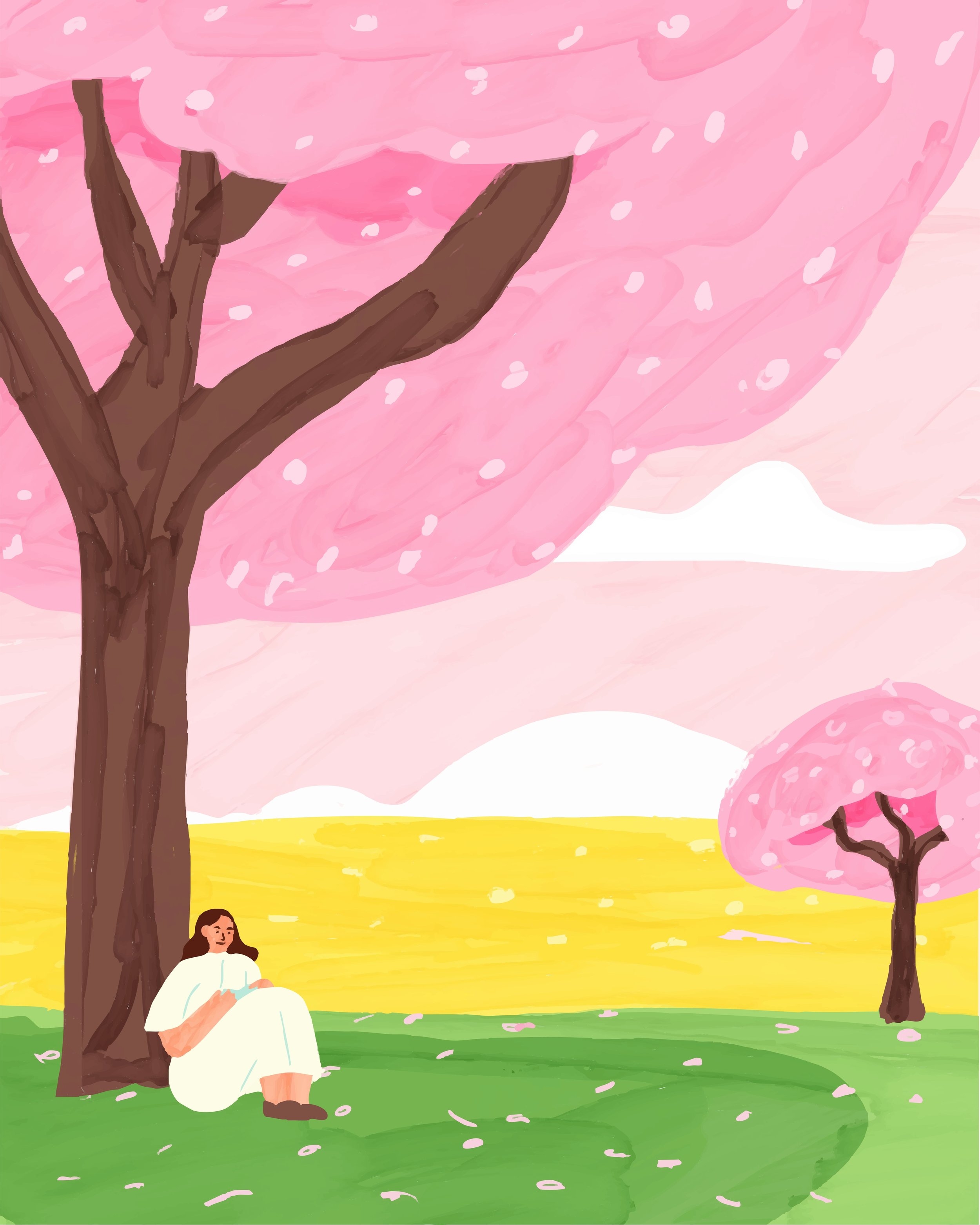
✺ Journal Prompts
What does beautiful mean to me, and how can I incorporate this into ordinary moments?
Which of my daily routines feel most and least aligned with my authentic self?
How does my physical environment support or hinder my wellbeing?
What would change if I treated my ordinary life as worthy of design attention?
-
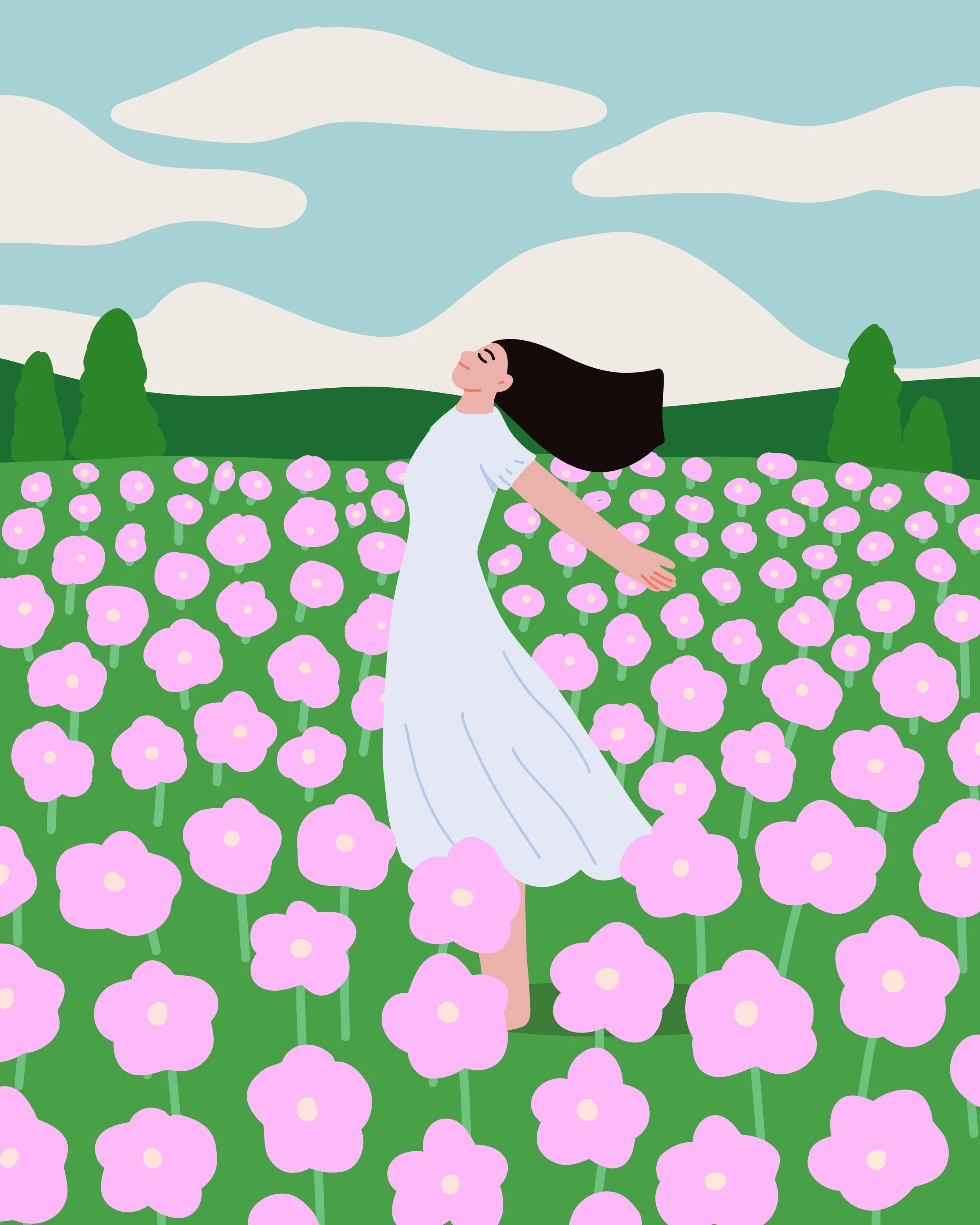
✺ End of Week Reflection
Describe your ideal ordinary day as if it were a work of art. What would make it beautiful? What would make it feel aligned with your authentic self? What small elements could you implement to move toward this vision?
